SMM - Cultural scientist Hannah Bregler points out that professional music careers involve numerous physiological, social and psychological demands. In her work for the Hamburg Institute for Culture and Media Management, she confirms that everyday life is characterized by permanent peak performance under stressful conditions, which affects both fine motor skills and cognitive abilities. As in professional sport, the limits of performance and physical resilience are reached in everyday musical life. This is associated with considerable health risks. In both sectors, it takes years of training or practice to achieve peak performance. Everyday life in both is therefore also characterized by irregular working hours, frequent travel and constant self-criticism.
According to the author, numerous studies show how precarious the health situation in orchestras is after many years of professional activity. It has been observed that orchestra members develop chronic poor posture even at a young age. However, the importance of and responsibility for health in the musical profession is increasing, not least in order to achieve a reduction in days of absence due to illness, which, among other things, improves the economic efficiency of cultural institutions. The fact that this professional group is not a small, negligible group of people is reflected in the number of employees.
According to the German Orchestra Association, there are currently 9766 positions in German cultural orchestras. In contrast to other areas, especially sports, the topic of pain and complaints is still often taboo. There is a lack of knowledge and education on how to avoid poor posture, how to recognize symptoms early on and what treatment options are available. Awareness of this has been raised in recent years, but there is still a need for action in view of the current situation, and it is worth taking a look at competitive sport.
According to Bregler, sports psychology began early on to investigate the influence of emotions on competitive performance and how they can be used optimally before, during and after a competition or training session. Sport and emotions are inseparable, as can be seen on and off the pitch after competitions or football matches. Like performance anxiety, competition anxiety is also a phenomenon that can inhibit performance and is widespread.
An important component in avoiding complaints is the relationship between recovery and stress and its effect on performance. A balance between stress and recovery is essential in order to continuously deliver peak performance. Michael Kellmann, one of the leading sports psychologists, differentiates between passive (e.g. massage), active (e.g. a relaxed run after a competition) and proactive (e.g. social activities) approaches to recovery.
An increase in performance entails a certain degree of exhaustion and can be compensated for by extensive recovery methods, as functional exhaustion only produces a brief reduction in performance. If a systematic and individualized recovery phase is not observed after training or exhaustion, a persistent imbalance between recovery and overreaching can lead to a harmful condition that manifests itself in persistent underrecovery and non-functional overreaching (NFO).
Awareness and structural change in orchestral operations requires interaction at many different levels, from musical education at music schools and conservatoires to the working atmosphere in professional orchestras. The practices of competitive sport offer an opportunity to copy, adapt or vary successful methods according to the needs of the orchestra.
Literature:
Hannah Bregler, 2021, Prevention
for professional musicians as a management task. What the orchestra business
can learn from professional sport, Munich, GRIN Verlag,
> www.grin.com/document/1152272







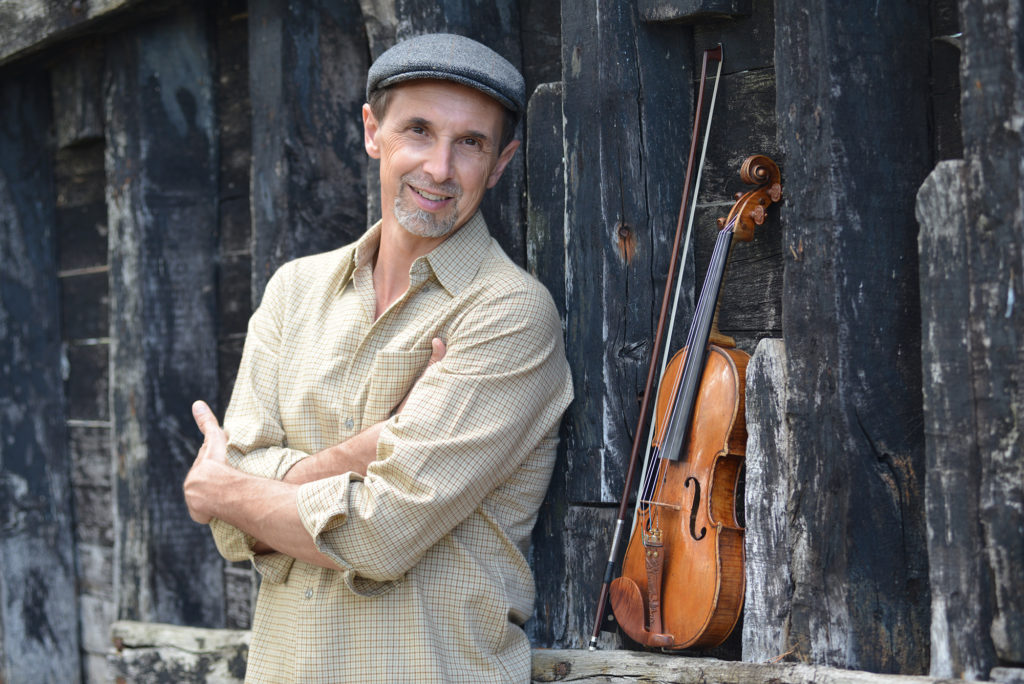


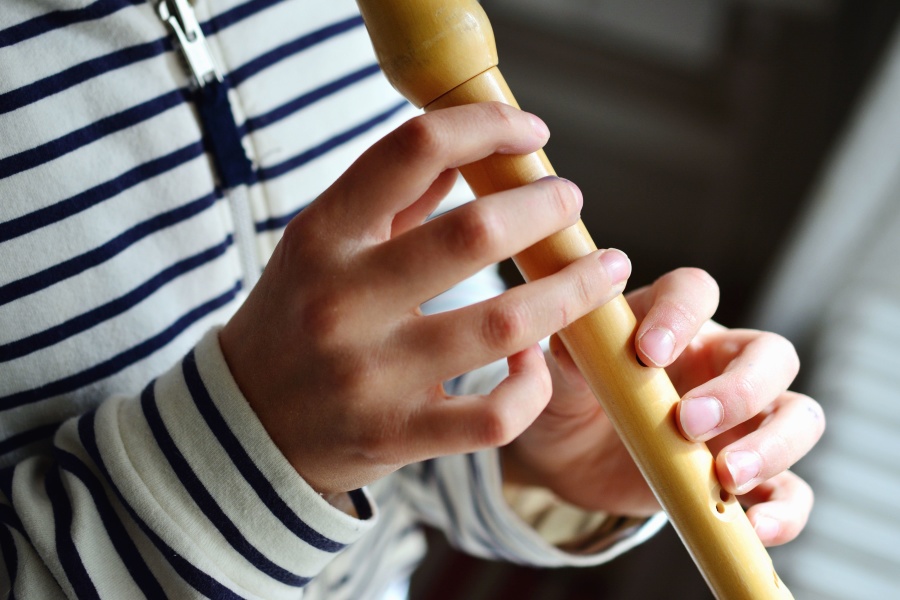
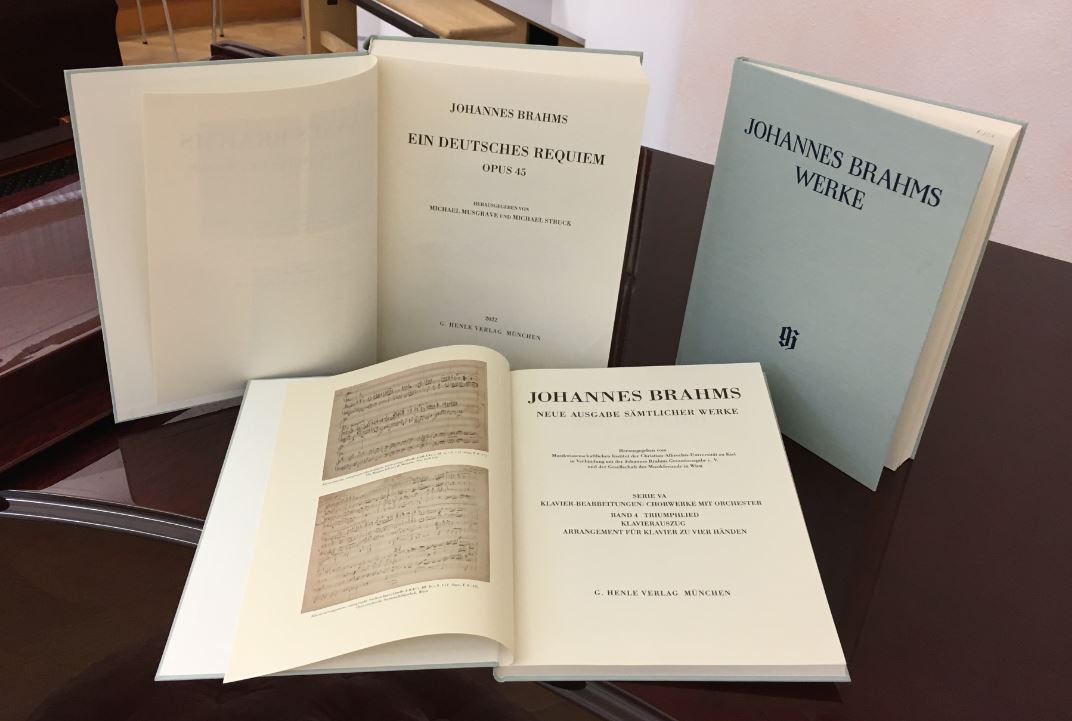
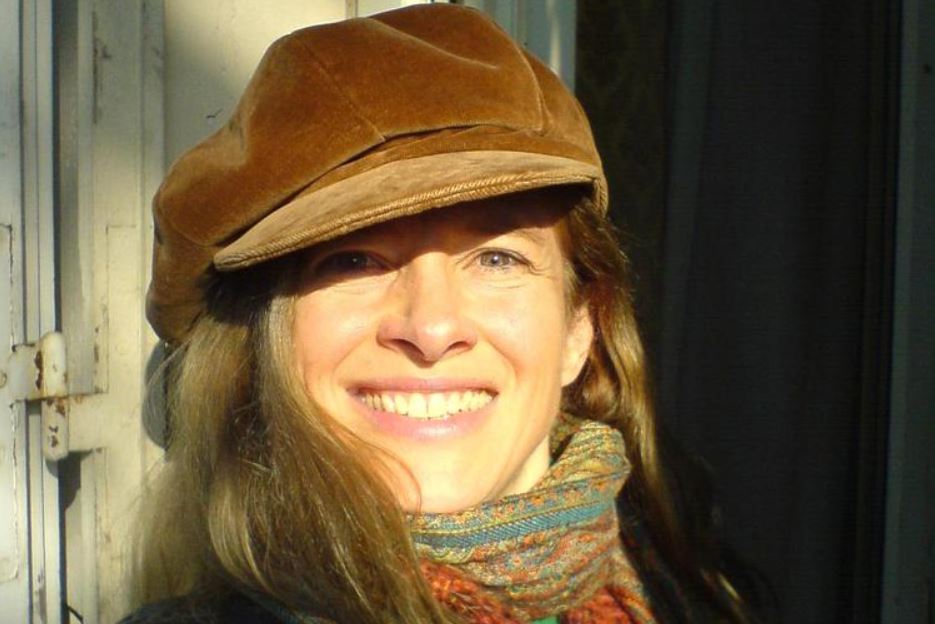
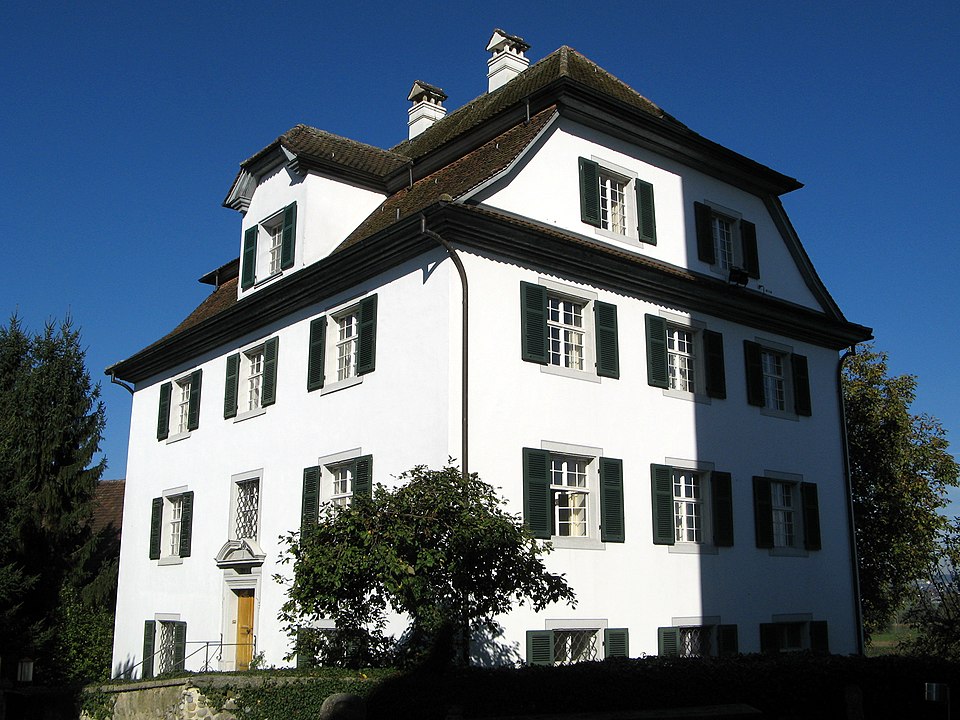
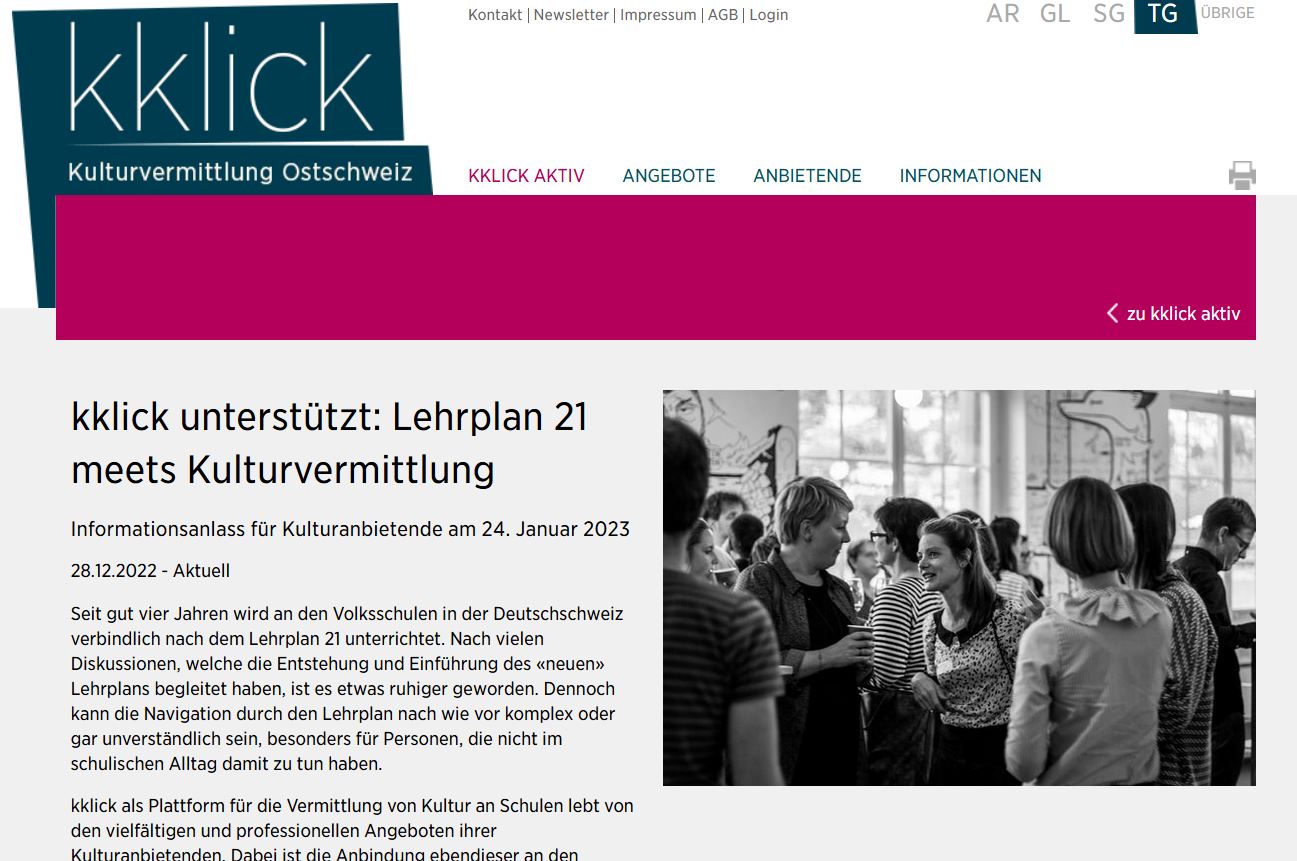
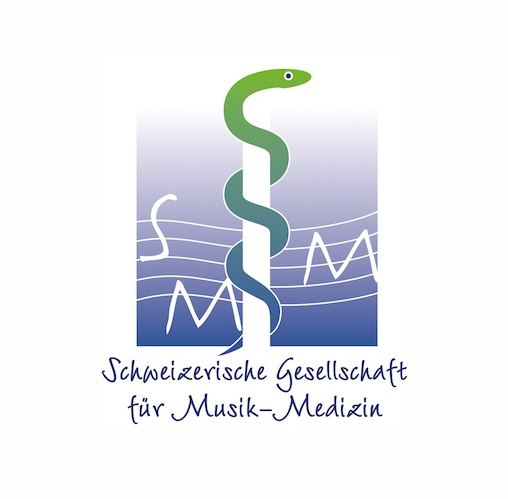 SMM - A team from the Max Planck Institute for Dynamics and Self-Organization (MPI-DS) in Göttingen and the University Medical Center Göttingen (UMG) has investigated the particle emission and the associated maximum transmission risk when playing many different wind instruments.
SMM - A team from the Max Planck Institute for Dynamics and Self-Organization (MPI-DS) in Göttingen and the University Medical Center Göttingen (UMG) has investigated the particle emission and the associated maximum transmission risk when playing many different wind instruments.